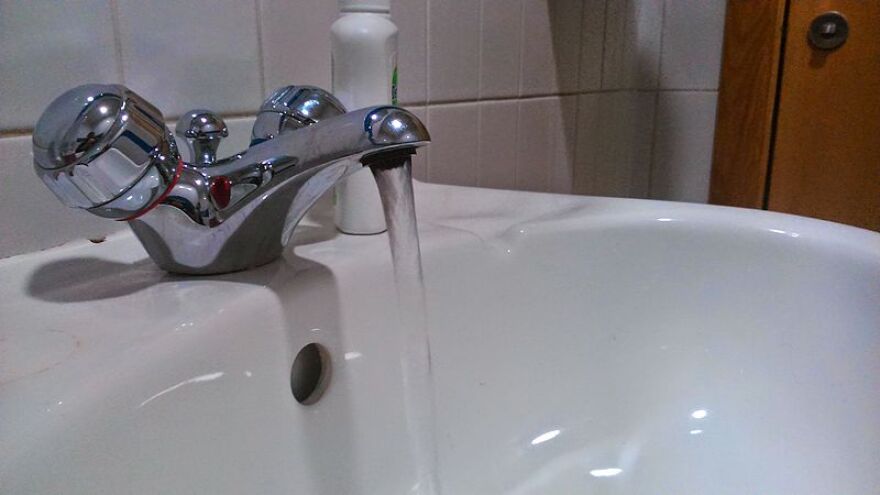Greensboro is putting up $31 million to get industrial chemicals known as PFOS and PFOA out of the drinking water.
Michael Borchers works for Greensboro's Water Resources Department. He said both of the city's water treatment plants already have a Powdered Activated Carbon filtration systems that kick in when chemical levels spike. But one of the treatment plants is at a higher risk of contamination.
"The source is coming from around the airport and industrial complex and so that area drains to Lake Brandt, and Mitchell Water Treatment Plant takes a section off of Lake Brandt," he said. "So these improvements are going to go to Mitchell and Mitchell Water Plant's primary impact is the downtown city of Greensboro."
Borchers said the Mitchell plant provides about one-third of the city's water, and it's getting a $21 million granular activated carbon system. It's the same technology the Cape Fear Public Utility Authority plans to implement after finding a chemical called GenX in the drinking water.
"It reminds me of, like, a Pur or Brita Filter that you would thread onto your faucet at home, but these are large vessels," Borchers explained. "They're like 10 feet in diameter and 12 feet tall. So, this system will permanently address these contaminants that we have in our watershed."
Borchers said both the PAC and GAC systems are flexible and can be adjusted if and when federal regulators establish a maximum contaminant level.
"If the EPA makes a decision 'we're going to regulate it at a much lower level,' we're positioned at both plants to be able to meet and exceed whatever the MCL comes about to be."
Borchers says a revenue bond will pay for the GAC system as well as improvements to sedimentation basins and a residuals management plan. The new system to be in place by 2022.












